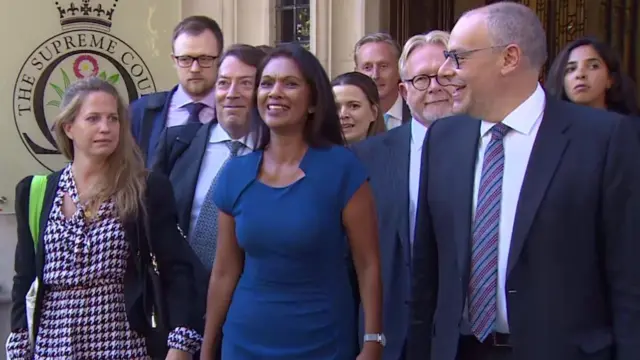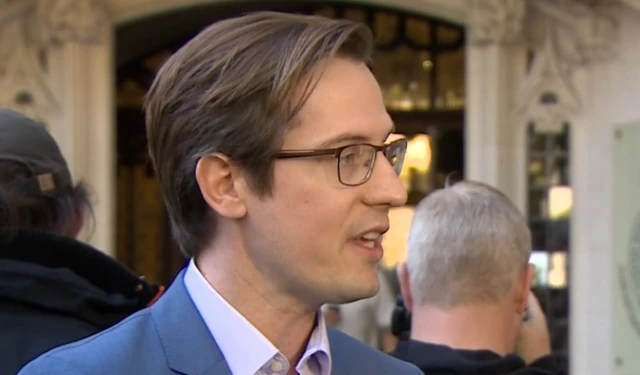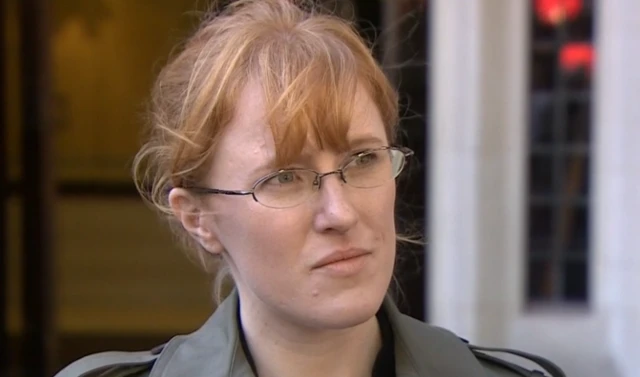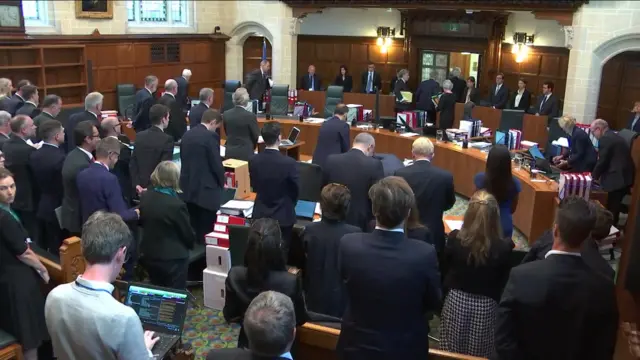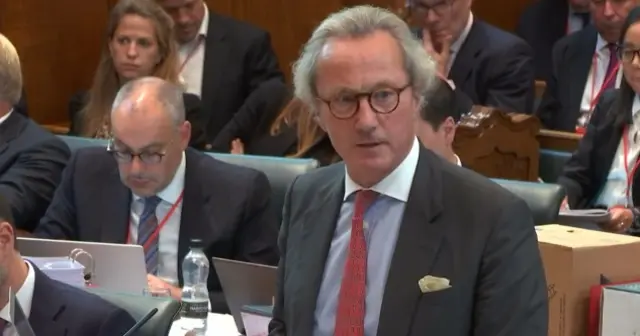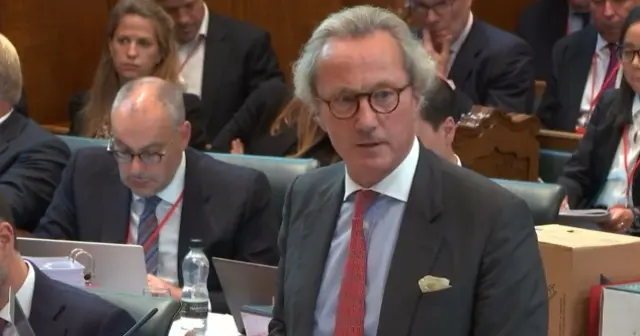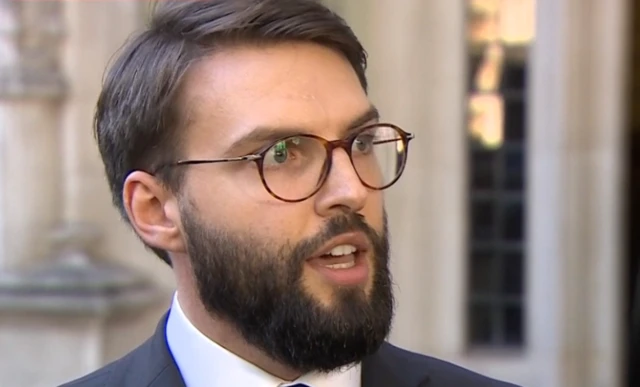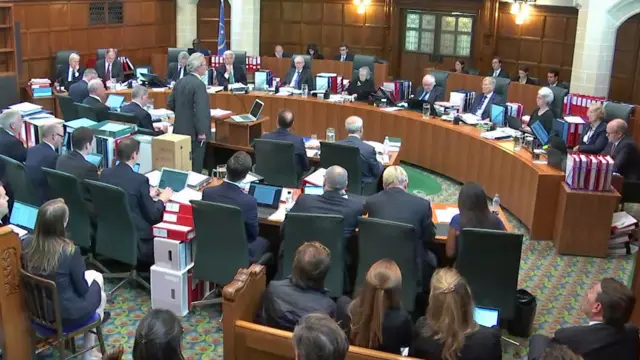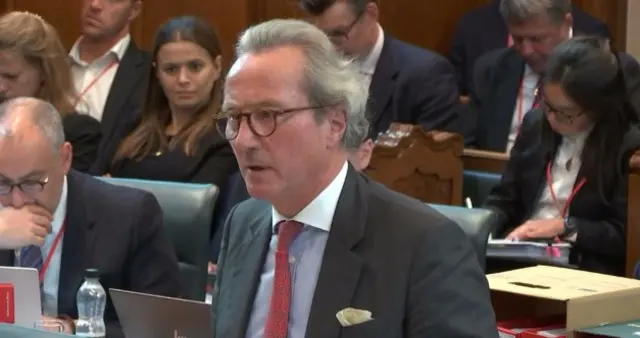That's it for todaypublished at 17:04 BST 17 September 2019
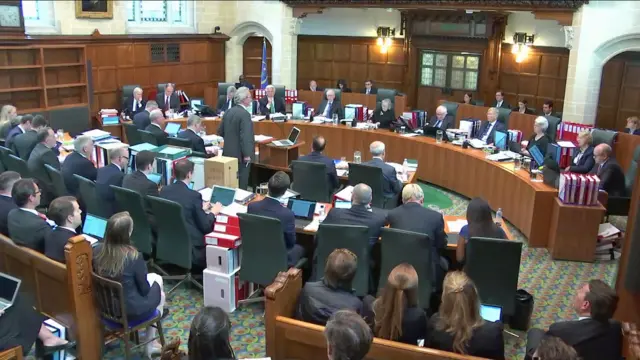 Image source, Supreme Court
Image source, Supreme CourtThanks for following our live coverage of today's proceedings in the UK Supreme Court.
We'll be back again for more tomorrow.
The hearing resumes at 10:30 BST when we'll be hearing from the lawyer for Prime Minister Boris Johnson, Sir James Eadie.
Then in the afternoon it's Aidan O'Neill, the lawyer for the group led by the SNP's Joanna Cherry.
In the meantime, our news story on the case will continue to be updated with the latest reaction.
